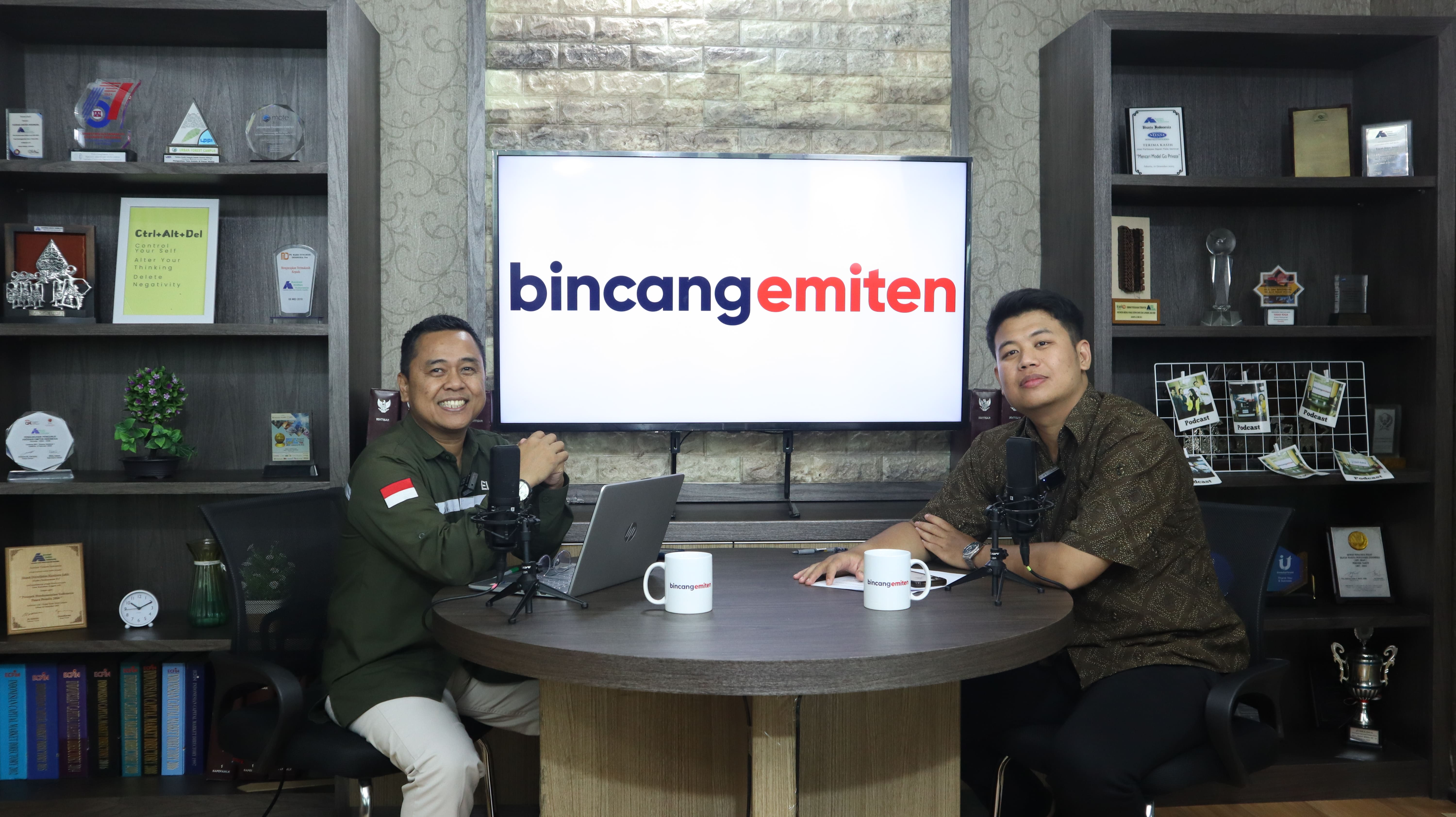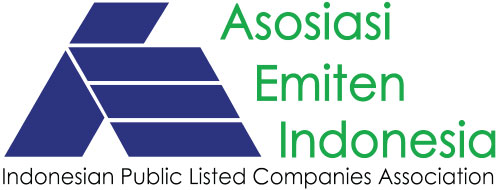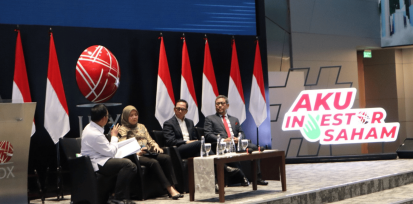
ESG Implementation in the Maritime Industry: Journey and Challenges of PT Pelayaran Nasional Ekalya Purnamasari (ELPI)
In a business world that is increasingly oriented towards sustainability, concept Environmental, Social, and Governance (ESG) is the main concern. For the maritime industry, implementing ESG is not an easy thing, considering the high regulations and investment costs for environmentally friendly technology. However, PT Pelayaran Nasional Ekalya Purnamasari Tbk (ELPI), as one of the leading maritime companies in Indonesia, has proven its commitment to ESG, even before mandatory ESG reporting was implemented for public companies.
ELPI and ESG: Already Implemented Before Reporting
According to Wawan Heri Purnomo, Corporate Secretary of ELPI, this company has actually carried out various ESG initiatives long before it officially became a public company in August 8, 2022. However, ELPI only started to formally prepare ESG reports after listing its shares on the Indonesia Stock Exchange.
"It's like, we've written songs, but we've never put them on an album. Only now do we realize that what we do can be reported," said Wawan.
One of ELPI's concrete steps in supporting ESG is development Diesel Dual Fuel (DDF) boats, which can use diesel fuel and LNG simultaneously. This technology helps reduce greenhouse gas emissions, which is one of the key indicators in ESG reporting.
Apart from that, ELPI has also implemented energy efficiency by developing kapal cartoon hybrid, which allows one ship to have multiple functions, so it can replace several ships with different tasks. This innovation not only reduces fuel consumption but also reduce carbon emissions significantly.
Challenges in ESG Implementation
Although ELPI has implemented various ESG measures, the main challenge it faces is how to change its ESG policy from simply Voluntary initiatives become mandatory regulations. Currently, ESG is still voluntary, so there are no sanctions for companies that have not implemented it.
"If we don't do ESG, there is no punishment. But ESG is a long-term investment that is not only about costs, but also about efficiency and business sustainability," explained Wawan.
At the global level, International Maritime Organization (IMO) has set a carbon emissions reduction target of up to 50% by 2040. ELPI, with a fleet of more than 100 ships, sees this target as an opportunity to contribute to global efforts to reduce the environmental impact of the shipping sector.
ESG as an Investment for the Future
In facing industry challenges, ELPI sees ESG not as a burden, but as a burden business strategies that increase efficiency and competitiveness. Investments in dual-fuel vessels and multifunctional vessels not only support environmental sustainability, but also increase operational effectiveness company.
ELPI also realizes that good ESG implementation will provide a positive image for the company and can attract investors who focus on sustainable business, such as Green Bond and ESG-based investment funds.
Conclusion
As a company that has operated more than 30 years, ELPI understands that sustainability is key to remaining relevant in the maritime industry. With innovations in ship technology and operational efficiency, ELPI not only contributes to reducing carbon emissions, but also increases the company's competitiveness at the global level.
ELPI's steps in implementing ESG are an example that sustainability is not just a trend, but a must for the maritime industry in the future. With increasingly stringent regulations and increasing global awareness, ESG implementation will become increasingly common determining factors for long-term business success.
Full Video: ELPI: ESG Implementation & ESG Reporting Plan
ESG implementation in the maritime sector
ESG challenges in the shipping industry
Environmentally friendly ship innovation (Diesel Dual Fuel & hybrid ship)
The role of ESG in long-term business strategy
ESG regulation in the global maritime industry
The impact of ESG on company competitiveness
Green Bonds and ESG-based investments




 Back to Home
Back to Home







